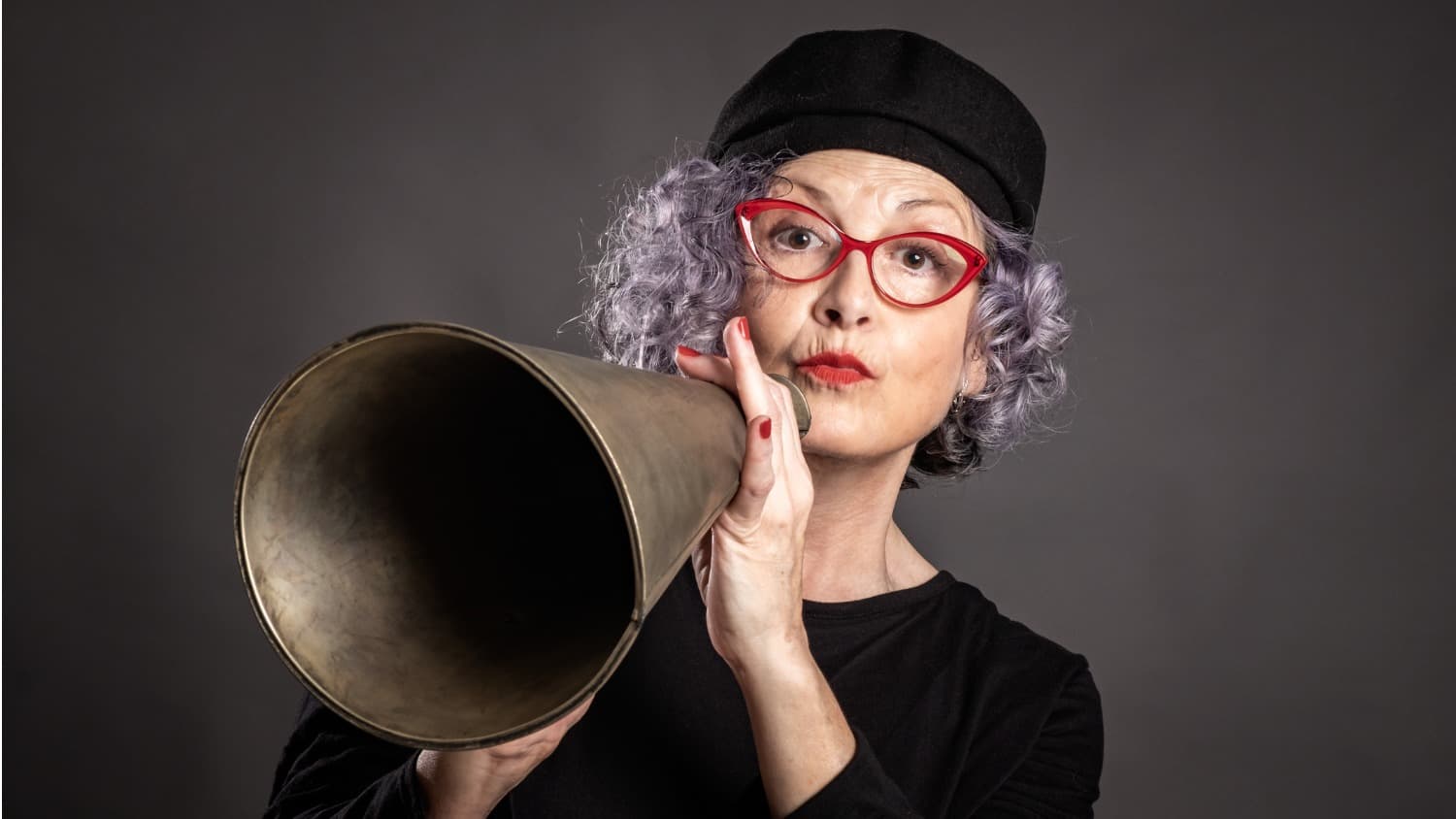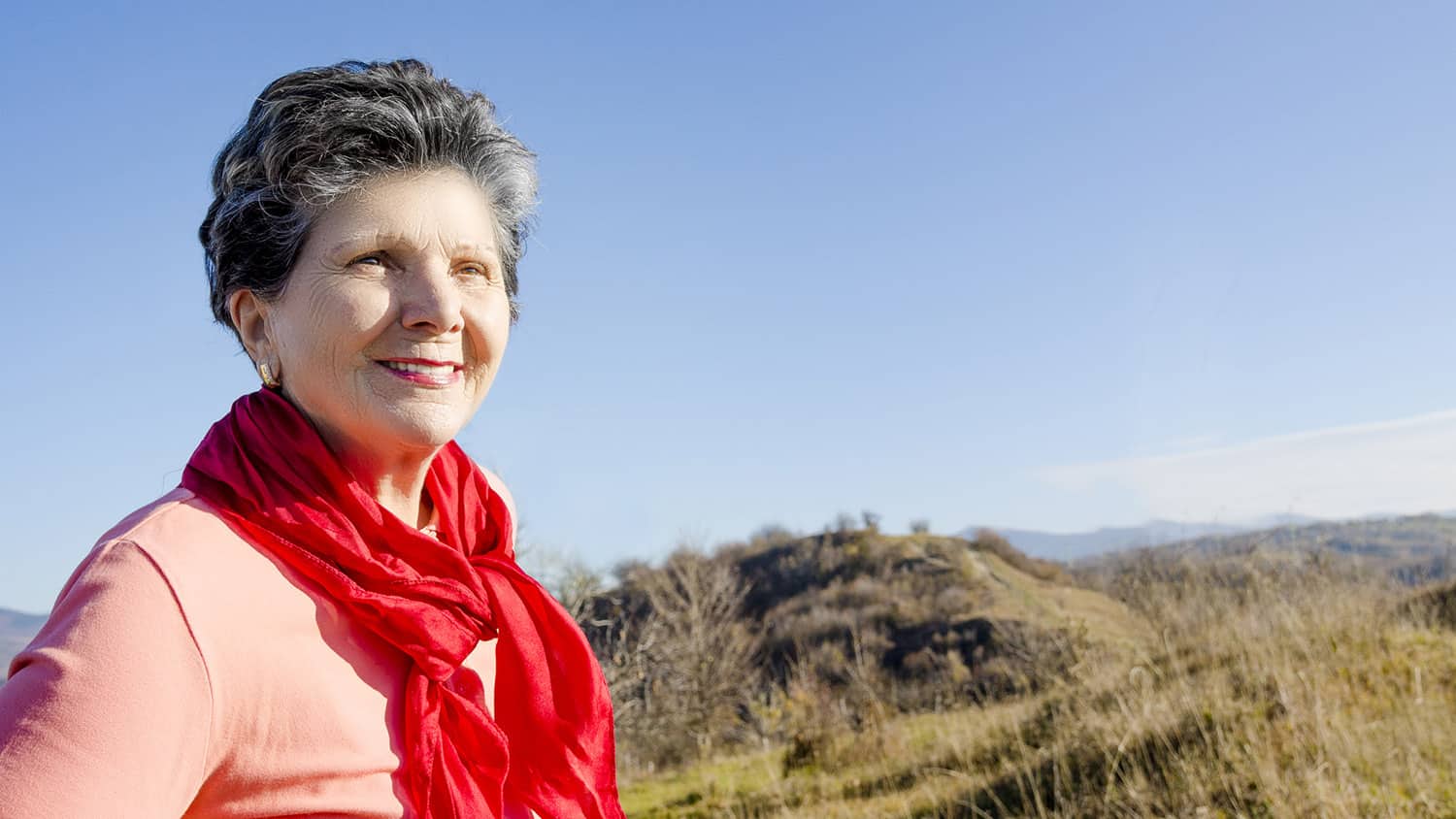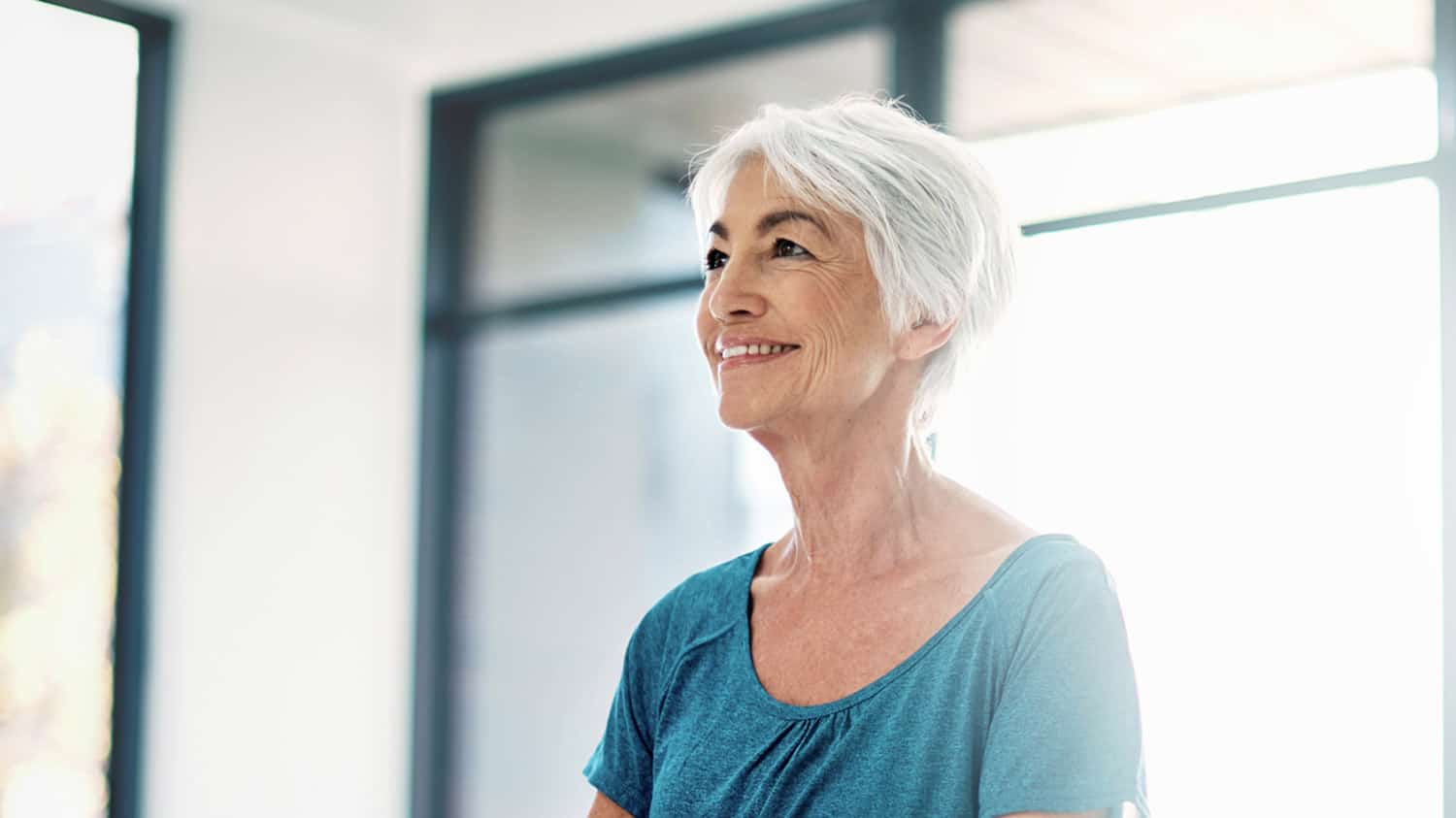
Lies About Getting Older – Have You Heard of Them?
“Well, it’s going to take a lot longer for you to heal,” the man intoned with the gravitas of great wisdom.
Uh-huh.
“The older you are, the longer it takes,” he added, pointing at my right shoulder, which had just undergone extensive surgery.
Uh, yep. If you say so.
As we walked through the garden store, he was bent over a bit. He’d broken his back a few years prior. So had I, in four places. I was 64 when it happened. He was a lot younger. In his 40s, in fact.
He was still crippled. Could barely lean over.
I can lean over and touch my face to my knees with my legs straight. I learned to do that while healing my own broken back in 2017.
It’s About Choices
This is not about being superior or judgmental or “lookatme.” It is, however, about choices. This man didn’t exercise before his accident. I did. Including yoga six days a week, which means when I take a tumble (and I often do, spectacularly) I fall like a microwaved Gumby doll.
I’ve been bodyslammed by horses and rocks and kayaks and anything with a nasty edge. But I train for it. My garden store friend said, “I should do yoga.” But he doesn’t. So he stays crippled.
Training also means that I heal swiftly.
In a New York Times article from 2012, the author makes a critical point about how we Baby Boomers grew up exercising.
Some did. However, how well we continued to make demands on ourselves rather than become overconfident weekend warriors, which can indeed lead to strains and sprains, is another thing entirely.
One phrase I want to point out from the Times article is this: “There is also the issue of the decreased bone and muscle mass that often comes with aging.”
While to a degree this is true, there is a great deal of research that points in the other direction – as in, the more you exercise regularly (and eat intelligently), the more bone and muscle mass you have.
Not only that, by exercising you are forcing your heart and lungs to push oxygen and nutrients efficiently through your body, which supports healing.
Another point I’d like to address: “’And then there is the matter of genetics,’ said Dr. Peter Jokl, a professor of orthopedics at Yale. ‘No matter how good you are at staying in shape, your body is following a clock.’”
While there is some basis to this, the other truth is that genetics aren’t necessarily absolute destiny. What we decide about ourselves, such as “Well, I’m just getting old,” or, “Well, that’s just my body,” is part of the ongoing communication we have with our physical selves.
We Are Not Our Bodies
Our bodies are made up of trillions upon trillions of collaborating, cooperating and occasionally competing microorganisms which happen to function in a simply marvelous way to allow us to exist. Our bodies are an “it,” not an “I.”
Understanding that critical difference is part of inviting, inciting and instigating all the powerful changes that slow – but do not stop – the aging process. This magnificently complex machine allows us the pleasure of walking around and being in this world.
For reference, please see I Contain Multitudes, by Ed Yong. It’s an eye-opener to the microscopic world. You are a walking community of teeming microorganisms, and they respond to your intentions.
People love to point to aging marathoners, athletes and bodybuilders as just lucky and it’s all genetics. What we know now is that you can start most any program at most any age (as long as we respect where we are) and reap remarkable benefits.
But, as in all things, most especially with the body, you don’t get what you don’t ask for.
Healing Is About Setting Ourselves Up for Success
Rapid healing of my extensive rotator cuff surgery isn’t being lucky. I trained hard right up to the day of surgery. I eat very carefully for this body – which has some idiosyncrasies that I have studied and come to respect.
However, what I have come to respect most is that no matter how serious my injury, I fully expect to heal quickly and be back at my sports in half the time. I expect to regain my strength, stamina and energy in no time.
Each time I injure, and I’ve had some doozies in the last few years, I find out more about what I CAN do rather than what I can’t.
Every injury is an invitation to see what’s possible rather than to flatly state, “Well, I’m just getting old.” Chronologically, of course I am. We all are. How I get there is another matter indeed.
Sarcopenia
Genetics will only get you so far, and then, as my father found out the hard way, if you engage in decades of abuse or benign neglect, they will by god let you down.
To wit, sarcopenia, which happens to all of us, is the loss of body mass with age. According to WebMD, “Physically inactive people can lose as much as 3% to 5% of their muscle mass each decade after age 30. Even if you are active, you’ll still have some muscle loss.” The amount has a great deal to do with how much you and I use what we have.
We all age and die, and no, it doesn’t have to be messy and awful along the way. You can rely on conventional wisdom about how we heal and use that as an excuse not to exercise (“But I might sprain my ankle!!” Yup, my hand is up).
Or you can invite the Kingdom of You, all the various communities that make you up from head to toe, to take part in a question: How Far Can We Go Today?
That may not be conventional wisdom, but it is wisdom. For my money (and the trillions that I carry around on and under my skin), I choose not to buy the lies of inevitability. I will die. Eventually. But as the magnet on a friend’s fridge says, “We don’t stop playing as we get old. We get old because we stop playing.”
Let’s Have a Conversation:
What aging wisdom do you follow? Which lies about aging have you discovered over the years? How do you fight them? Please share in the comments below.
Tags Getting Older







I am 74 -healed from a knee injury that I had nearly 3 years ago so can ski without pain now -Yeah. In October 2023 I climbed Cascade Mountain 2998m in Banff National Park. 1460m ascent and 18 km. Very proud of myself. Did a two month bike trip in Korea and Japan. Long may I continue.
Kudos Wilma! I bet Korea was a fantastic “ride”!
Keep on moving is the key to healthy aging. I play tennis twice a week at the age of 73 and the 60-and-70-year-olds who are my teammates are also in great shape and most of us can whip the butts of those right shoulder that the doctor called a “frozen shoulder”. He said that it would take at least 3 years to heal on its own. I kept moving the shoulder despite excruciating pain, forcing it, and take your health into your own hands. As one of my tennis mates said to me while I was recuperating, “our bodies want to heal themselves” and that one piece of advice was all I needed to hear to stay motivated.
Glad you are working through the FS. “Excruciating pain” is not something that seems ok? Three years also seems too long. I was a certified personal trainer/ACE for fifteen years. I hate pain;)
Could you see another MD, preferably an orthopedic specialist?
Regardless, fantastic your level of drive!
My late dad used to say “if you don’t use it then you’ll lose it”. He also said retired people seized up by sitting in their armchairs all day watching TV.
Dad walked every day of his life until he developed vascular dementia in his mid 80s and he never owned a car.
I took up yoga after chemotherapy left me with aching joints and I was struggling to walk any distance. I was 46 at the time and had to join a gentle class for ladies 30 years older than me as it was all I was capable of. It really helped and I have guided yoga exercises on my iPad I do. I also like using a Swiss ball as it takes the strain. It lives under my desk, during lockdown when my husband was working from home he used it to stretch his back and legs whilst talking at meetings on his headset. His team decided not to use the video function in meetings so nobody saw what he was doing!
Excellent article. Yoga was instrumental in my healing, as well. Walking is my other favorite exercise. And I’ve been frightened into adding a body-weight routine to my activities… My neighbor, 76 and sedentary, has lost so much muscle mass in the 3 years I’ve known her. She sometimes can’t lift herself from bed, bath or toilet; refuses to drink enough water or eat much besides yogurt & chia seeds; her main activity is Facebook. I just can’t think of what’s next for her.
Oh, Sharie, I am so sorry for your neighbor. My mother did much the same thing. In this way she taught me by example what not to do. What surprised me was that I first learned about Jack LaLane by watching her when I was tiny. I don’t know what happened to that commitment but it cost her. I know so many older marathoners, hikers, you name it. I think that part of the challenge is to find active older people we admire and hang out with them, or at the very least use them as motivation.
I played racquetball for 20 years. I lead a fairly active life. I am 75 and still doing pretty well after heart surgery. Will keep moving as long as I can! I still do some exercises every day. Gotta keep moving!!
Yes we do! Thank heaven the body responds at any age. I just underwent seven major surgeries in one year and am just getting back to full exercise. The work we do before the surgery is what helps us afterwards.